Posted by admin on April 26, 2021 · Leave a Comment
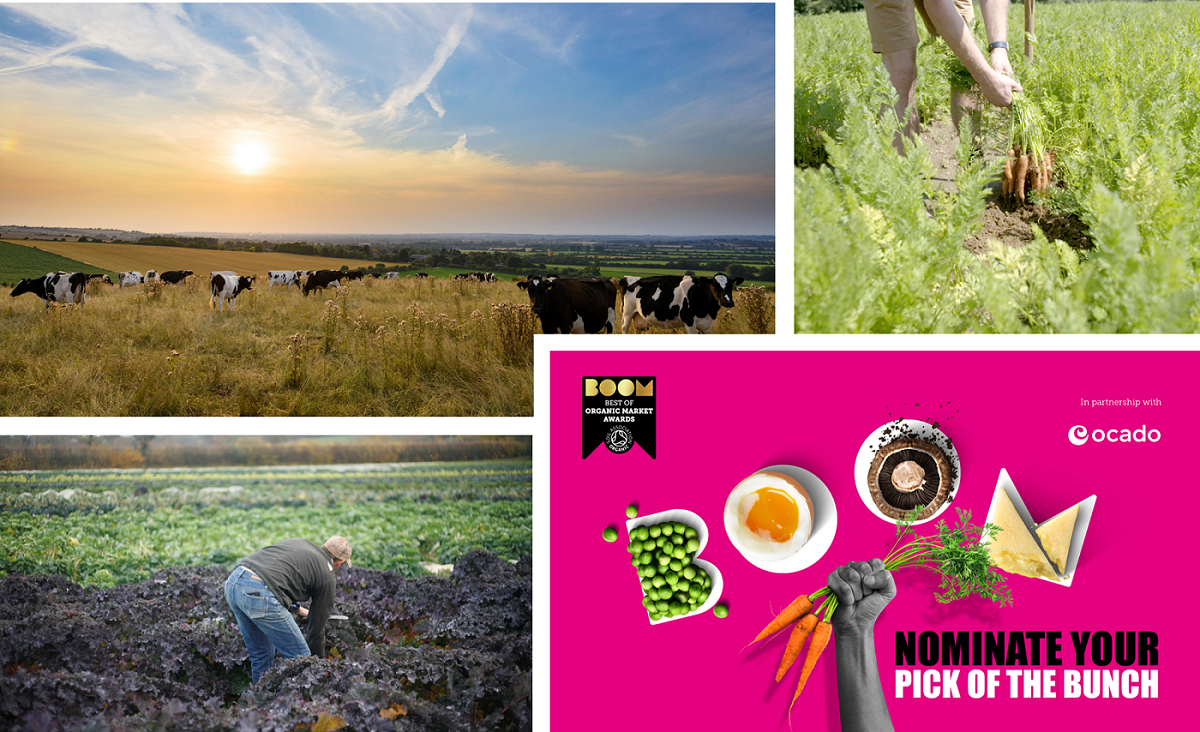
Nominations are now open in the search for the UK’s best organic products.
With 12.6 per cent growth in 2020 and now worth £2.79bn, the organic market is undeniably booming and, as more people than ever look for the organic mark on their products, Soil Association Certification is keen to uncover the Nation’s Favourite organic product and celebrate it as part of the annual Best of Organic Market (BOOM) Awards.
In partnership with Ocado, Soil Association Certification is calling on the public to nominate their favourite organic products for Nation’s Favourite but is also encouraging organic brands to encourage their fans to nominate them in a bid to ensure a wide range of organic products are considered for this celebratory accolade.
In addition to crowning the Nation’s Favourite, the BOOM Awards will celebrate the businesses, producers and brands working hard to make food as it should be throughout the UK, as well as commending some of the best new products and organic innovators working towards a sustainable future for all of us. A brand-new award for 2021 is the Organic Ambassador Award, sponsored by Yeo Valley, which aims to recognise the work of those growing the organic movement, from food to fashion and farming, and championing organic as part of the solution to the climate crisis.
Nominations are open now and close on Friday (April 30, 2021), with a shortlist of 10 announced shortly after and the winner announced at a prestigious award ceremony in July.
Clare McDermott, Business Development Director at Soil Association Certification, commented: “Following a year in which both human health and the health of our planet have all been sharply in focus, consumers are choosing products more carefully than ever. By choosing to buy organic – whether that is food, beauty and wellbeing products or fashion and textiles – shoppers are making choices that help support more sustainable systems. Put simply, choosing organic means working with nature to protect soil, encourage wildlife, avoid antibiotics, and reduce pesticide use”.
Visit https://www.soilassociation.org/organic-living/boom-awards/the-nations-favourite/ to cast your vote.
Posted by admin on February 9, 2021 · Leave a Comment
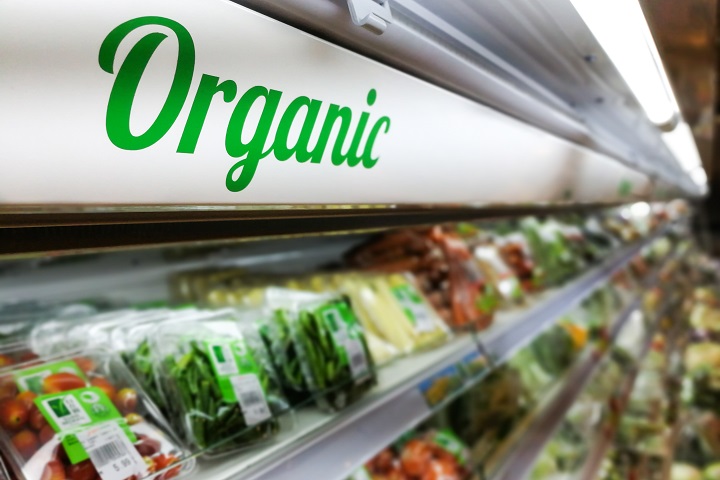
The UK’s organic market has reached its highest level of growth in 15 years, rising some 12.6 per cent to now be worth £2.79bn.
The impressive rise was revealed in the Soil Association’s Organic Market Report 2021, published today, which reported on the rise during the course of 2020.
The market has now reached its highest growth rate in 15 years, outperforming growth in the non-organic sector. This is the highest year on year growth rate in the organic market since 2005, with a 10th consecutive year of growth.
Other highlights in the report included:
• During 2020, more than £50m per week was spent on organic food and drink.
• The market is on target to reach £2.9bn by the end of 2021.
• Online and home delivery sales fuelled much of the growth in the organic market in 2020, with sales increasing by 36.2 per cent, meaning this channel to market accounts for almost 25 per cent of the total sales (supermarket online sales are included).
• Growth in the organic market was also reported across beauty and wellbeing and textiles. Sales of Soil Association Certification-certified beauty and wellbeing products grew by 13 per cent, to reach a total £120.2m in 2020. Sales of Soil Association Certification-certified organic textiles grew by nine per cent, to be worth £49.5m, despite a 20 per cent decline in global fashion sales in 2020.
Finn Cottle, Trade Consultant at Soil Association Certification, commented: “The unprecedented crisis of 2020 has brought immense challenges across the entire food supply chain – not least for organic businesses. So, it’s significant that in times of crisis, people are turning to organic products for the assurance of transparency, integrity and quality they provide. Organic is now rightfully recognised as the cornerstone of a resilient food and farming system and a vital part of the solution to the climate, nature and health crises.
“With the organic market growing faster than ever and expected to reach £2.9bn by the end of 2021, there is a huge opportunity for organic businesses to innovate and continue growing the market.”
The report also revealed that almost one in four organic products were purchased online in 2020, and the organic online and home delivery channel reached close to £500m, surpassing independent retailer sales for the first time.
Independent retailers faced mixed fortunes; whereas several city centre stores closed, high street and community stores experienced huge increases, with people choosing to shop locally. Overall, this amounted to a 0.9 per cent rise in the organic market through independent retail. Foodservice took a hit due to closures in the private sector, with an overall decline of 23.2 per cent, although sales of organic into public procurement continued at a stable level.
The organic market is now on track to reach £2.9bn by the end of 2021, with many new organic shoppers expected to remain loyal to the sector as they look to support a food and farming system that supports a safe climate, better biodiversity and improved health.
• Look out for the next issue for a detailed look at the report.
Posted by admin on February 4, 2021 · Leave a Comment
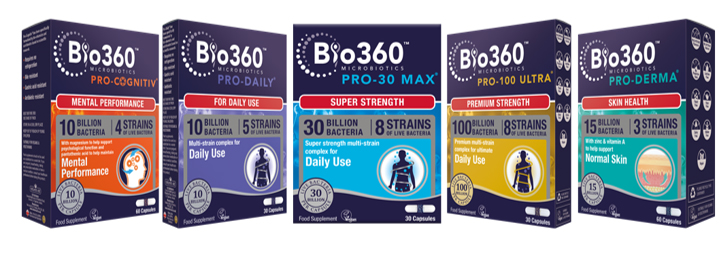
Sponsored –
Natures Aid are delighted to introduce our new Microbiotics brand, Bio360.
At Bio360, we believe that a balanced microbiome is the first step to complete wellbeing. Our personalised approach harnesses specific good bacteria strains, supported by beneficial nutrients, to target specific goals.
Our thoroughly researched and precisely targeted formulae have been developed by our industry-leading nutritionists, to support complete, 360 wellbeing. Each probiotic strain chosen has proven bile and acid resistance, proven colonisation of the GI tract after oral supplementation, and proven stability at room-temperature, meaning that refrigeration is not required. We are proud to manufacture to the highest quality GMP & pharmaceutical Standards.
In addition to everyday, super, and premium strength daily microbiotics, the Bio360 range includes products carefully designed to support:
- Immune health
- Skin health
- Mood, memory, and mental performance
- Female intimate health
- Digestive health
And a children’s microbiotic.
Bio360 is supported by a comprehensive range of POS, including posters, display units and educational literature. We also offer our retailers a range of professional literature, along with in-house support from our expert nutritionists and dedicated customer care team.
Bio360 will be supported nationally with a full campaign programme, with multi-channel activations including social, influencers and PR.
For more information email: sales@naturesaid.co.uk
Posted by admin on February 4, 2021 · Leave a Comment
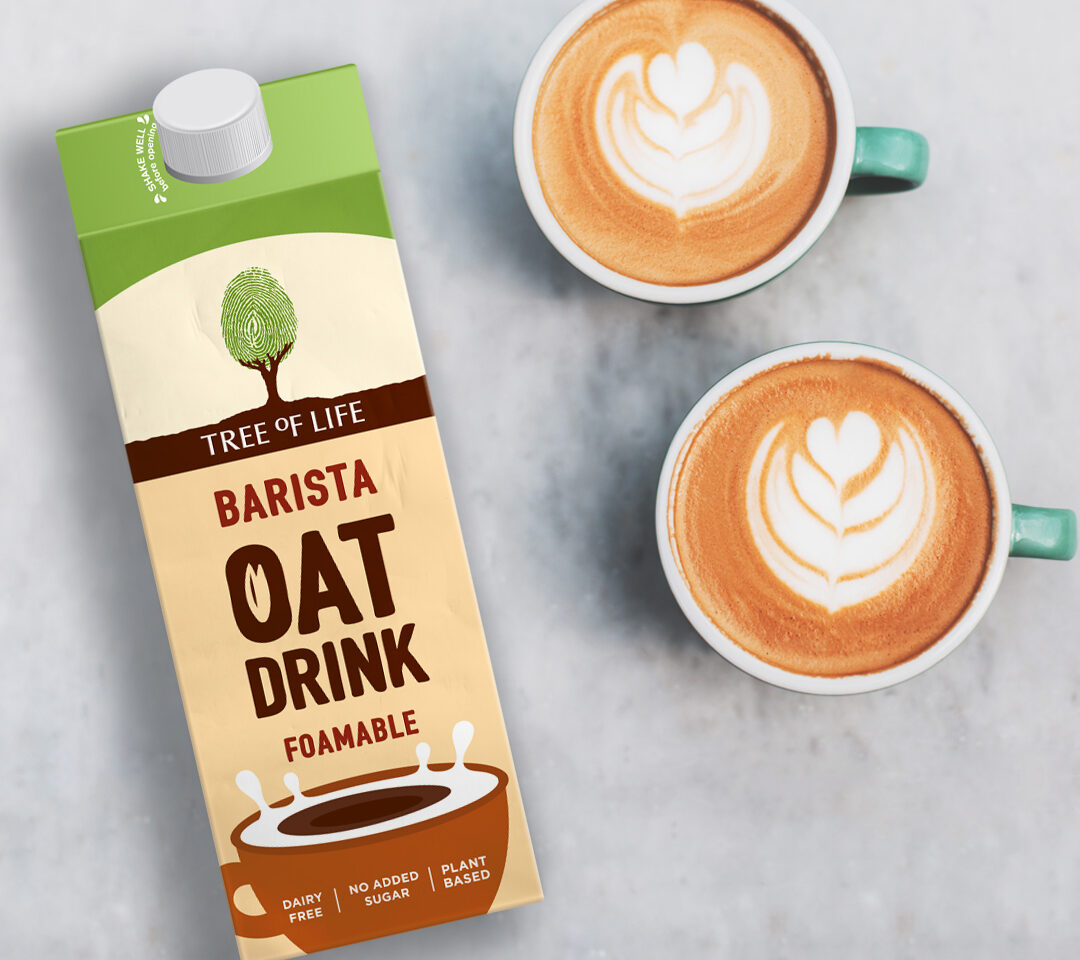
Sponsored –
Driven by the prevailing trends for plant-based foods, health, and sustainability, and boosted by the Covid-19 pandemic, 62% of adults bought plant-based milk in the past year. With the survey by Harris Interactive recording that this increased to 81% of 25-34 year-olds. And it’s oat milk that is the undisputed star of this plant-based milk revolution, boasting an amazing 92% growth in the past year according to Kantar data, equivalent to over half of the additional £81.5m consumer spend on plant-based milk.
In its simplest form, oat milk is made from a mixture of oats and water, it contains a similar number of calories to cow’s milk, half the amount of protein and fat, and only natural sugars. Oat milk contains beta-glucan, a type of soluble fibre that may help increase feelings of fullness and lower blood sugar levels after a meal. Beta-glucan has also been linked to lowering cholesterol levels, particularly LDL cholesterol, the type associated with an increased risk of heart disease.
Tree of Life Oat Milk is available in 3 delicious varieties: Our Barista Oat Drink is specially crafted to perfectly froth, foam, and steam in coffee creations; our Enriched Oat Drink contains extra good stuff with added calcium & vitamins D, B2 & B12, it’s delicious splashed onto cereal, stirred into porridge, blended into smoothies or enjoyed by the glassful; and our Organic Oat Drink is certified by the Soil Association for our health and that of the planet.
Posted by admin on January 7, 2021 · Leave a Comment
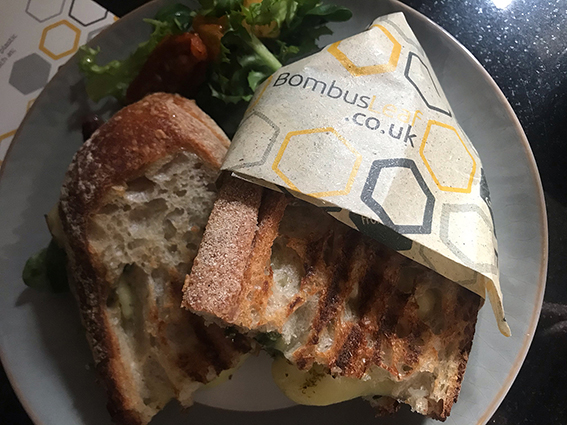
Sponsored
BombusLeaf Wraps are an affordable replacement for conventional fabric wraps, single use plastic bags, cling film and foil to wrap or cover food such as; bread, cheese, fish, fruit, meat, and sandw as well as other raw and cooked foods.
Made from 100% natural and sustainable materials; meadow grass, wood pulp and wild beeswax, they are naturally protective, antibacterial and easily cut or torn to the size you need for use with food at home or on the go.
BombusLeaf wraps are home compostable or they can be used as fire lighters for wood burning fires once no longer usable.
For more information and to place your order please contact helen@healthandwholefood.com
Tel: 07944307635


 Organic & Natural Business magazine
Organic & Natural Business magazine




